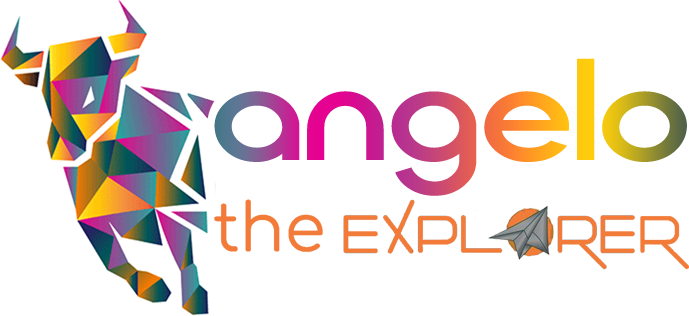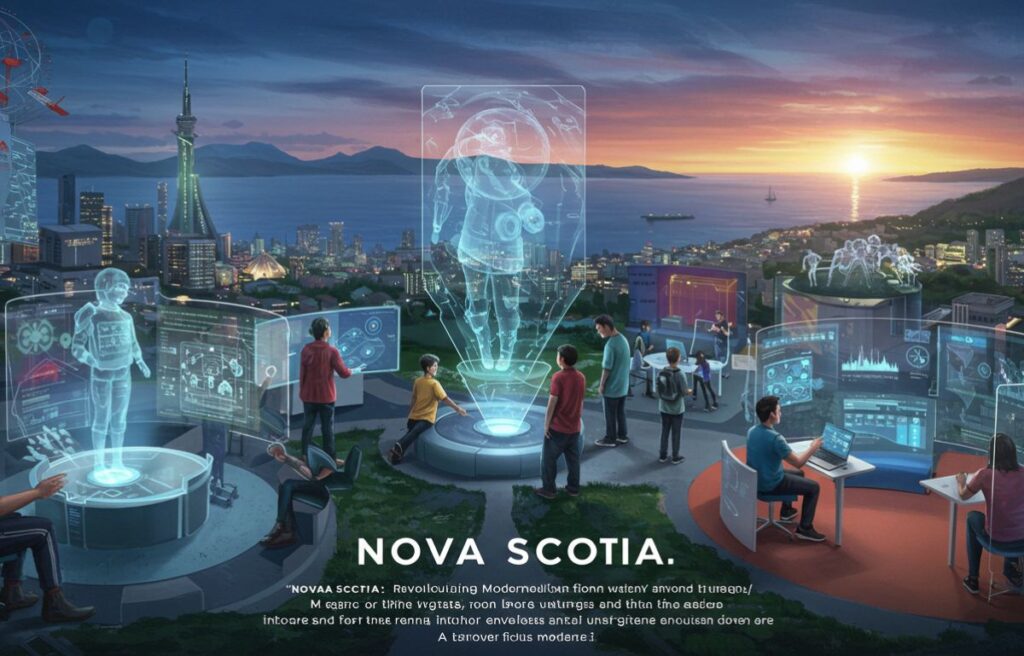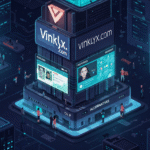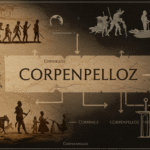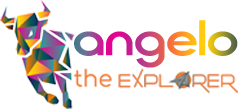Nova Scola is emerging as a transformative force in modern education, blending technology, innovation, and student-focused methodologies to redefine the learning experience. In a world where traditional educational systems struggle to meet evolving demands, Nova Scola offers a fresh approach that aligns with 21st-century learning goals. Whether through curriculum design, learning environments, or teaching strategies, Nova Scola is setting a new standard for schools worldwide.
What is Nova Scola?
Nova Scola, which translates to “New School,” is more than just a concept—it’s a movement aimed at redesigning the way education is delivered. Built around the pillars of creativity, collaboration, personalized learning, and digital integration, Nova Scola challenges the outdated models of rote memorization and passive instruction.
At its core, Nova Scola promotes a learning experience where students are not just passive recipients of knowledge but active participants in their educational journey. The system encourages problem-solving, critical thinking, and real-world application of knowledge.
The Philosophy Behind Nova Scola
The educational philosophy of Nova Scola is rooted in a few key principles:
-
Student-Centered Learning: The learner is at the heart of every decision. Instruction is tailored to fit individual needs, interests, and pace.
-
Technology Integration: From smart classrooms to AI-driven assessments, technology is embedded throughout the learning process.
-
Collaborative Environments: Classrooms function more like communities, where students learn from each other as much as from their instructors.
-
Holistic Development: Equal emphasis is placed on academics, emotional intelligence, and social skills.
These philosophies ensure that Nova Scola students are prepared not just for exams but for life beyond school.
Key Features of Nova Scola
Adaptive Learning Platforms
One of the standout features of Nova Scola is its use of adaptive learning technologies. These platforms adjust content in real-time based on the student’s performance, offering a customized learning path that ensures maximum comprehension and retention.
Project-Based Learning
Nova Scola adopts a project-based learning approach where students engage in interdisciplinary projects. This not only enhances understanding but also builds essential life skills such as teamwork, communication, and time management.
Teacher as Facilitator
In the model, teachers act more as facilitators or mentors than traditional instructors. They guide students through learning paths, help them navigate challenges, and encourage independent thinking.
Global Curriculum Standards
While rooted in local culture and language, aligns with international educational benchmarks. This ensures students are globally competitive while still appreciating their local identity.
Nova Scola and Digital Transformation
Digital transformation is at the core of operations. From virtual reality (VR) simulations in science labs to gamified learning platforms, the digital tools employed make learning more engaging and effective.
Examples of Digital Tools:
-
Interactive Whiteboards for collaborative lessons
-
Learning Management Systems (LMS) for organizing assignments
-
AI-based Assessment Tools to track student progress
-
Online Portfolios to showcase student work
This technology-rich environment not only appeals to digital-native students but also improves educational outcomes.
Benefits of the Nova Scola Model
Personalized Learning Journeys
By adapting to individual student needs, ensures that no learner is left behind. Fast learners are challenged, while those who need more time receive the support they require.
Greater Student Engagement
With hands-on projects, real-world challenges, and digital tools, students remain actively engaged in their learning process.
Teacher Satisfaction
Teachers in the system often report higher job satisfaction due to smaller class sizes, access to better resources, and a more respectful and collaborative work environment.
Parent Involvement
encourages regular interaction between educators and parents. Through digital dashboards and frequent communication, parents stay informed and involved in their child’s education.
Challenges Faced by Nova Scola
Despite its advantages, the model is not without challenges. Implementation in under-resourced regions can be difficult, especially where internet connectivity and access to devices are limited. There’s also a need for extensive teacher training to shift from traditional methods to modern pedagogy.
However, as infrastructure improves and investment in education grows, these challenges are gradually being addressed.
Case Study: Nova Scola in Practice
A prime example of in action can be found in São Paulo, Brazil. In a pilot program launched in 2022, a network of public schools adopted the model. The results were impressive:
-
Student attendance increased by 18%.
-
Test scores in math and science improved by 22%.
-
Teachers reported a 30% rise in overall classroom participation.
These numbers highlight the effectiveness of the approach and its potential to transform education across different socio-economic backgrounds.
The Future of Nova Scola
The future looks promising for . As educational needs continue to evolve and societies become more tech-oriented, schools must adapt. is well-positioned to lead this change.
Some future developments include:
-
Expansion into remote and underserved areas through satellite learning centers
-
Introduction of AI-driven career counseling platforms
-
Development of student-led innovation labs to foster entrepreneurship
Through continuous innovation and a commitment to student success aims to become a benchmark for future educational systems.
Conclusion
Nova Scola is more than a new type of school—it’s a comprehensive educational reform model designed for modern learners. By integrating technology, embracing personalized education, and redefining the roles of teachers and students, stands at the forefront of a global educational revolution.
As we look toward the future, it is clear that will play a pivotal role in shaping the next generation of thinkers, leaders, and innovators.
